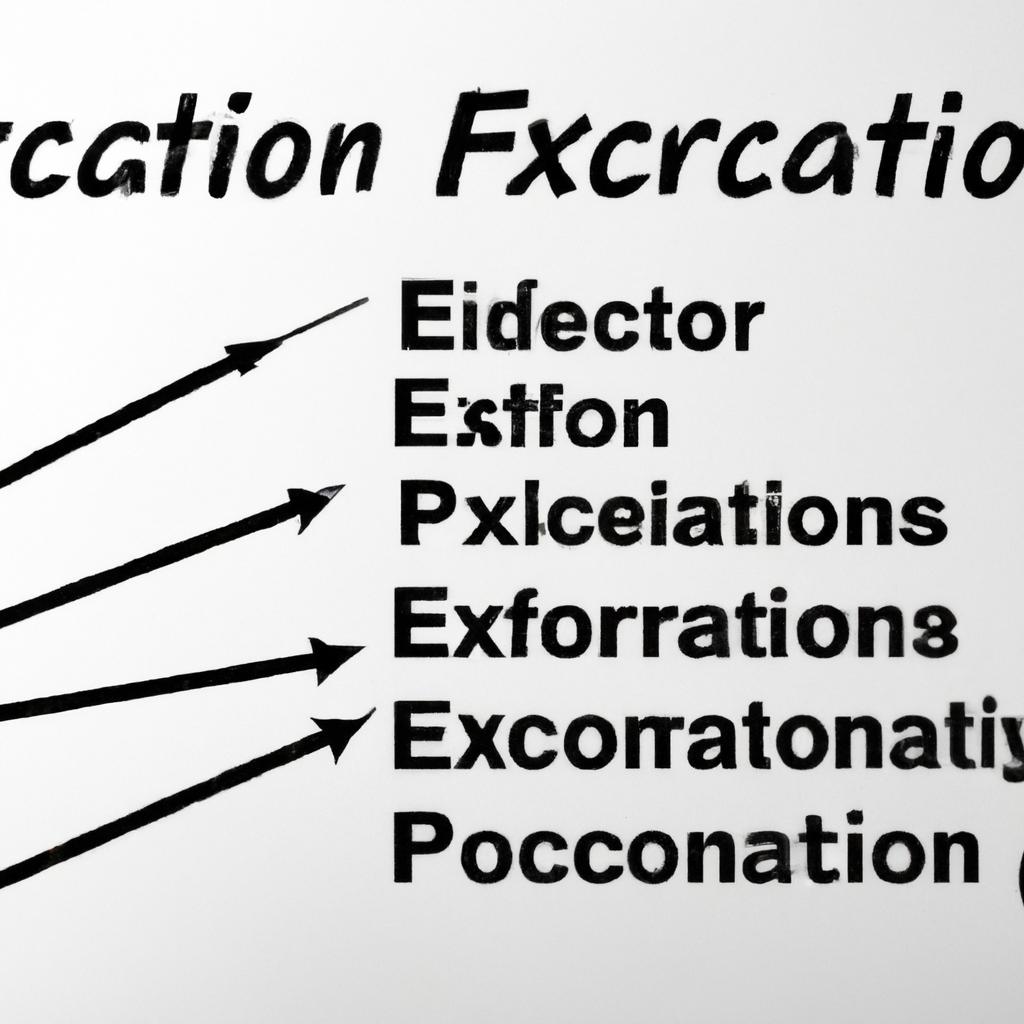When it comes to the administration of an estate, one crucial element that often arises is the compensation of the executor. Many individuals may wonder, “How much does the executor of an estate get?” This question, while straightforward, involves a complex analysis of various factors that must be carefully considered. As experienced estate planning attorneys at Morgan Legal Group in New York City, we delve into the intricacies of executor compensation to provide clarity on this important aspect of estate administration.
Compensation for Executors in Estate Administration
In estate administration, the compensation for executors is an important aspect to consider. Executors play a crucial role in managing the estate of a deceased individual, ensuring that assets are distributed according to the terms of the will. The amount the executor receives is typically determined by state law or the terms of the will itself. Executors may be entitled to receive a fee for their services, which is commonly a percentage of the estate’s total value.
It is important to note that the amount of compensation for executors can vary depending on various factors, such as the complexity of the estate, the amount of time and effort required to administer the estate, and the executor’s level of experience. Executors should keep accurate records of their work and expenses incurred during the estate administration process, as they may be entitled to reimbursement for certain costs. If you have any questions about , it is advisable to consult with an experienced estate planning attorney for guidance.

Factors Influencing Executor Compensation
When determining executor compensation for managing an estate, there are various factors that play a role in the final amount received. Executors are entitled to be compensated for the time and effort they put into administering the estate, but the exact amount can vary depending on the complexity of the estate and the state in which the will is being probated.
Some key include:
- The size of the estate
- The complexity of the estate
- The responsibilities of the executor
- The state laws governing executor compensation

Understanding Legal Guidelines for Executor Payment
When it comes to understanding the legal guidelines for executor payment, it is important to consider various factors that may impact how much the executor of an estate receives. Executors are entitled to compensation for their services, but the amount they receive can vary depending on the complexity of the estate, the amount of time and effort required to settle it, and the state laws governing executor compensation.
It is crucial to consult with an experienced estate planning attorney to ensure that the executor’s payment is in compliance with legal guidelines. Executors should keep detailed records of the time and expenses incurred while administering the estate to support their compensation claim. Additionally, executors can seek approval for their payment from the probate court overseeing the estate to ensure that they receive fair and reasonable compensation for their services.

Maximizing Compensation for Executors: Expert Recommendations
When it comes to compensating executors of an estate, there are several factors to consider in order to maximize their compensation. Executors play a crucial role in managing the affairs of a deceased individual, and it is essential that they are fairly compensated for their time and efforts. Here are some expert recommendations to help ensure that executors receive the compensation they deserve:
- Evaluate the Complexity of the Estate: Before determining the executor’s compensation, it is important to consider the complexity of the estate. The more complex the estate, the more time and effort it will require from the executor.
- Consult Legal Experts: It is advisable to consult with legal experts who specialize in estate planning and probate to get a clear understanding of the executor’s duties and responsibilities. They can provide valuable insights into how much compensation is reasonable based on the specifics of the estate.
Q&A
Q: How much does the executor of an estate typically get paid?
A: The executor of an estate is typically entitled to a fee for their services, which is usually a percentage of the total value of the estate.
Q: What factors determine the amount the executor receives?
A: The amount that an executor receives can vary depending on the size and complexity of the estate, as well as any state laws or guidelines that may apply.
Q: Is the executor allowed to waive their fee?
A: Yes, in certain circumstances, an executor may choose to waive their fee or accept a lower amount, especially if they are a family member or close friend of the deceased.
Q: Are there any expenses that the executor can deduct from their fee?
A: Yes, the executor is typically allowed to deduct reasonable expenses incurred while carrying out their duties, such as legal fees, travel costs, and administrative expenses.
Q: Can the executor be removed if they are not acting in the best interests of the estate?
A: Yes, if the executor is not fulfilling their duties or is acting in a dishonest or negligent manner, they can be removed by the court and replaced with a new executor.
The Conclusion
In conclusion, determining how much an executor of an estate will receive can vary depending on the specific details of the estate and the laws of the jurisdiction in which the estate is being administered. It is important for executors to consult legal professionals and carefully review the terms of the estate in order to ensure they are fairly compensated for their time and effort. While serving as an executor can be a challenging and time-consuming task, it is a vital role in ensuring that the deceased’s wishes are carried out and their assets are distributed appropriately. Ultimately, the amount an executor receives should reflect the valuable service they provide in managing the affairs of the estate.

